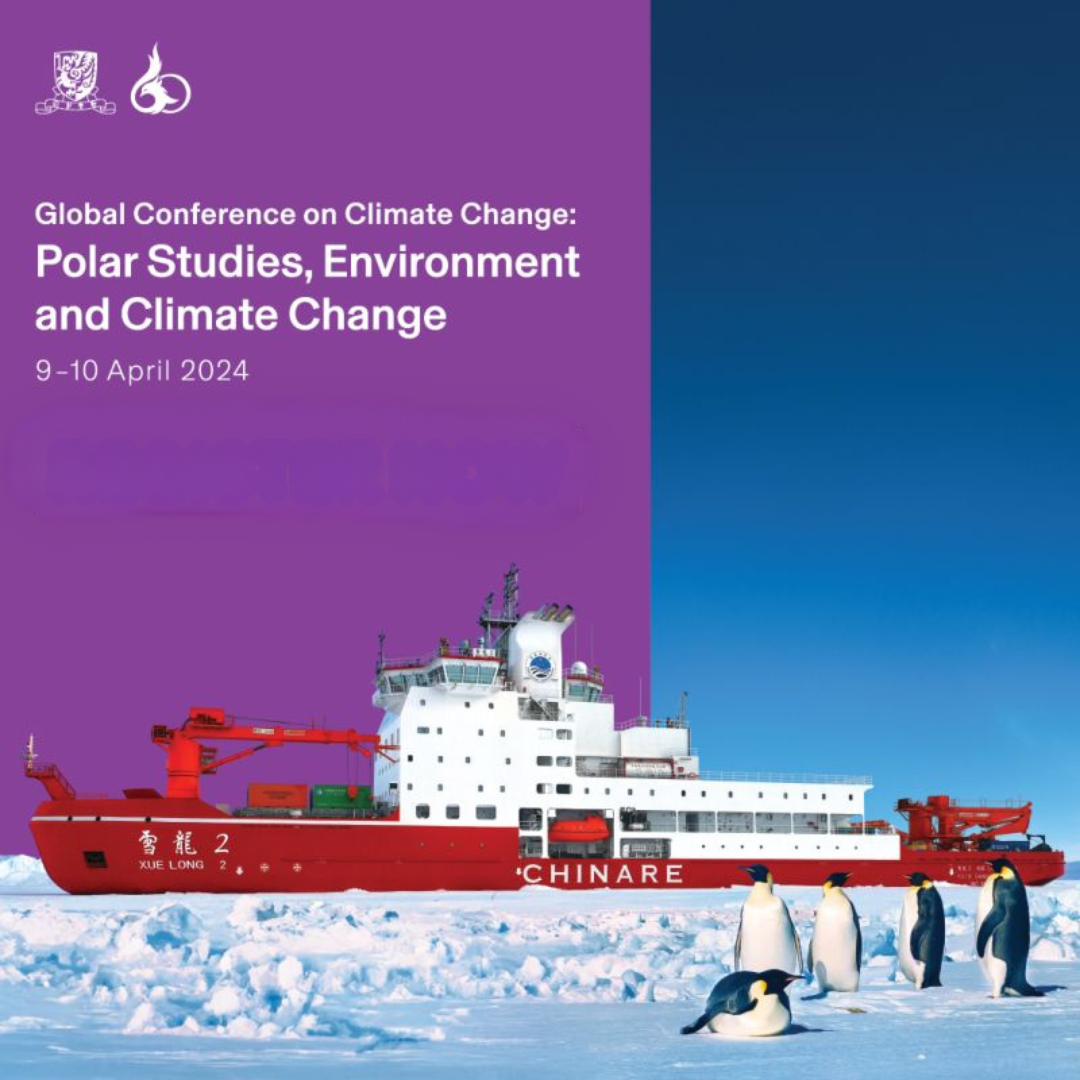Polar Studies, Environment, and Climate Change
On 9-10 April 2024 the Global Conference on Climate Change: Polar Studies, Environment, and Climate Change (GCCC) took place in Hong Kong.
Co-organised by the Hong Kong Chapter of the United Nations’ Sustainable Development Solutions Network (SDSN Hong Kong), the Jockey Club Museum of Climate Change, and the Polar Research Institute of Hong Kong, the 2-day conference brought together climate scientists, policymakers, industry leaders, and community representatives worldwide.
The International Universities Climate Alliance (IUCA) was invited to convene a panel of four global subject-matter experts from within the IUCA network, for a session on Day 1.
Panel: Climate Action and Partnerships for the Goals | The Role of Universities in Climate Research, Collaboration & Knowledge Exchange.
The panel members showcased their work, and discussed the importance of relationships and partnerships around the world for climate action.
Associate Professor Laurie Menviel of UNSW Sydney provided an overview of the potential changes in deep and bottom water formation over the coming century and their impact on climate.
Associate Professor Binod Dawadi of Tribhuvan University described the visible impacts of climate change in the region, and explained how as a national university of Nepal they are initiating programs and activities to reduce the impact of climate change in the region, and seeking to enhance activities with global partners.
Dr. Chen Zhao of the University of Tasmania (UTAS) highlighted the urgent need for community efforts and international collaboration to address the large uncertainties in current sea level rise projections from the Antarctic Ice Sheet.
Dr. Edward Doddridge from the University of Tasmania (UTAS) explained how the changes to Antarctic sea ice almost certainly indicate a regime shift towards warmer waters and reduced sea ice coverage. Dr Doddridge also explained the holistic approach the University of Tasmania is taking in terms of climate action through the University’s Framework for Sustainability.
Following presentations, the four panellists took questions, which included a focus on the need for relationships and partnerships between research and industry, particularly in developing countries.
The International Universities Climate Alliance panel session can be seen here.
For further details about the GCCC, and for videos of all of the conference sessions that took place, see the conference website.
